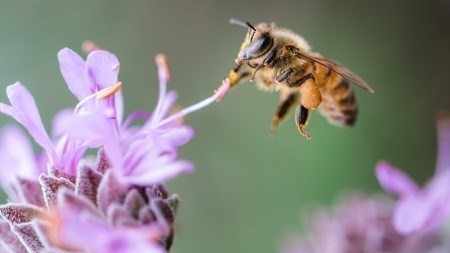It’s sad to have to do it, but that old tree that stands over the garage needs serious pruning (or worse: its got to go). How do you go about choosing a tree feller to do it for you?
Dean Krimchanski, who operates Bekaru Tree Service in Knysna and Plettenberg Bay, said that tree felling is often an expensive activity.
“So I would always advise that you get at least two quotes - this alone could save you a couple hundred rand and on bigger jobs even thousands - but it’ll also give you a chance to meet different contractors and to get a feel for who you prefer to deal with.
“Tree felling, pruning and shaping is dangerous work, and expensive property can be at risk, so you need to employ a professional team you can trust to do the job safely and efficiently; one that’s properly insured for the work, with which you feel comfortable, and with which you can communicate easily.”
INSURANCE
According to Chris Lindes, a Cape Town-based, registered financial advisor who handles short-term insurance for clients around South Africa, tree fellers should hold both public liability insurance, and contractor’s all risks insurance.
“Contractor’s all risks insurance is important because it covers the surrounding property; public liability is important both because it covers accidental injury, and because the insurance company takes over the defence of the case when a claim arises - and the legal costs are often greater than the claims themselves,” he said.
“So my advice to consumers would be to ask to see written proof of insurance before you employ a tree felling contractor.”
SAFETY
Dean said that the amount of attention that a company pays to the safety of its workers on site provides some indication of its professional attitude and its commitment both to its staff and to the industry.
“Proper personal protective equipment (PPE) is a legislative requirement - but it is expensive, so not everyone provides it. And while I’m not judging any books by their covers, you can probably get an idea of the level of professionalism by looking at the PPE that the workers are wearing on site.
“But protective clothing on its own means very little without safe working practices and procedures. So if, say, you drive past a team that’s working on a tree, and you think to stop and pick up their card - have a look at the way they’re dressed, and consider their attitude to the work.
“If they don’t inspire confidence, you should probably try someone else.”
REPUTATION
“At the first meeting, it’s most likely going to be difficult for a homeowner to judge whether a company is competent, has the right equipment, follows the right procedures, and uses the right PPE - so I’d suggest you try do a bit of research beforehand. Start with the local papers to see who is available in your area; ask your neighbours for recommendations; and check web pages, where the images often provide information that goes beyond the written word.
“Look also at the type of work the company does: for pruning, they need proper rope access experience and facilities, but for straightforward felling work this might not be as important.”
In summary, said Dean, “I would advise against employing a company that doesn’t carry insurance (if they don’t have insurance for your property they probably don’t have insurance for their staff); I’d make sure that the staff have proper personal protection; and I'd make my decision with trust in mind - because I’d like to know that I’ll be able to get on with the person to whom I’ll be giving a chunk of my budget.”
· For an overview of the protection recommended for people operating chainsaws, see stihl.co.za or husqvarna.com.
· More information: Bekaru Tree www.bekarutree.weebly.com
· Chris Lindes Insurance: christianlindes@gmail.com



